| Today is the sixtieth anniversary of the world premiere of a musical composition that, quietly, changed the way we think of music. John Cage's 4'33" (pronounced, Four Minutes and Thirty-Three Seconds) was first performed on this date in 1952 by David Tudor in Woodstock, New York, as part of recital of contemporary music. Many people have heard of the work, but far fewer have attended an actual performance. Cage's instructions for the piece are simple: for a full four minutes and 33 seconds, the performer is not to play his or her instrument, in three movements. |
I heard a live performance of 4'33" as part of a music history course I took as a student at Oberlin College in 1982. A few years later, I heard John Cage give a lecture and conduct a master class. (Cage died in 1992.) He talked about the profound influence of Zen Buddhism on his music and his approach as a composer. He wanted his audience to experience how the world of ultimate reality is available to us all the time; it is in the present moment, if we only will be open to perceiving it. I hear this same idea in Psalm 95: "Today, if you would but listen to God's voice!"
4'33" and John Cage changed the way we define music. It took away the primacy of the composer and performer in the way we think about music. From Frank Zappa, Sonic Youth and Brian Eno to Phillip Glass and Pierre Boulez, musicians and composers since Cage have had to take into account the idea that music is equally created in the mind of the listener, and in the very nature of the happenstance world around us.
I remember a Zen mantra Cage taught when I heard him speak: "Every day is a beautiful day." It is a meditation on the beauty that exists in every moment. Cage explained that the meditation can be translated literally from the Japanese as, "Day, day beautiful day." I think about how it works well in Hebrew, too. Yom yom yom yafeh. Every day is a beautiful day.
We are now in the month of Elul, the month of reflection in preparation for the Days of Awe. It is a time of year when we begin to listen to the quiet moments in our lives. In order to make t'shuvah, repentance, we are asked to slow down enough to notice ourselves. We are asked to quiet our egos enough to pay attention to the world around us and the world within us.
When we really listen to the music that literally surrounds us in every moment, we are able to appreciate the world that has been given to us as a gift beyond any measurable value. By listening, we prepare ourselves to open our hearts in gratitude, turn toward our Source, and set a new direction for our lives.
And there is also this: I was one of the students who giggled during those four minutes and thirty-three seconds in Professor Sylvan Suskind's classroom. Listening to the quiet can embarrass us. It can make us feel ridiculous. But, that too, is an important part of striving toward t'shuvah.
By the standards of the ordinary world, the idea that you should give up working, playing and eating for a day to discover your inner life is an absurdity. We should notice how odd it makes us feel. We should laugh out loud at ourselves and wonder if we are engaged in a joke, a stunt. Through the joy of that laughter, we are able to lift out of the ordinary and to realize that, through t'shuvah, we discover a world and an inner life of far deeper, richer meaning.
Other Posts on This Topic:
Repairing Everything in an Instant
Vayakhel-Pekudei: Being a Dwelling for God

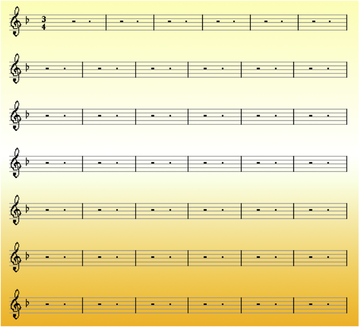
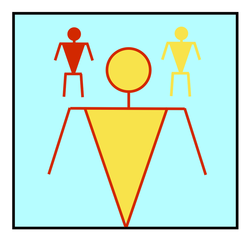
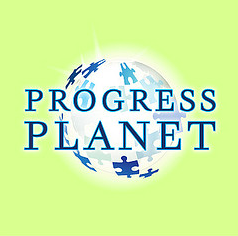

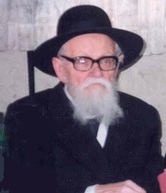
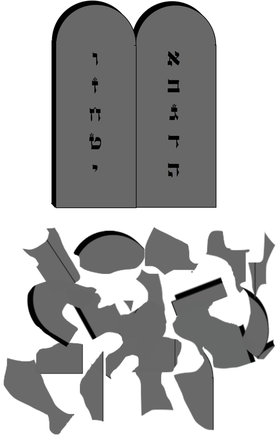




 RSS Feed
RSS Feed
